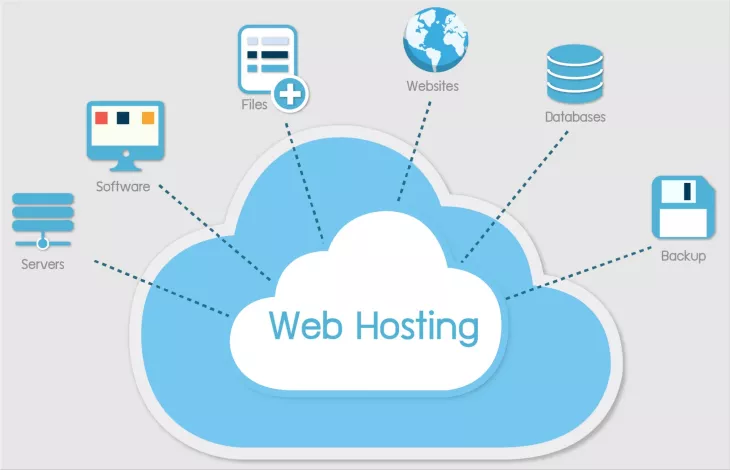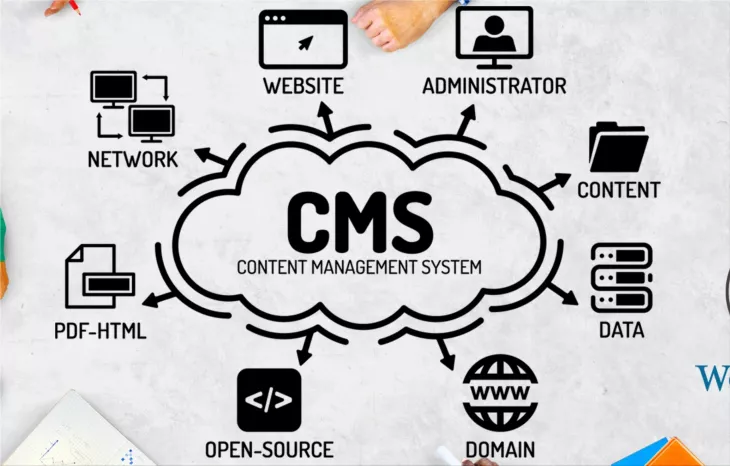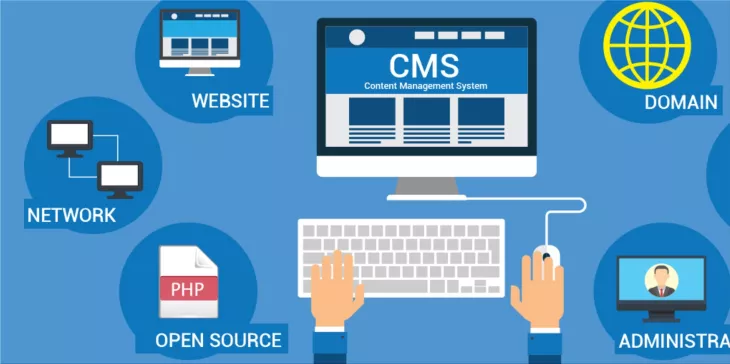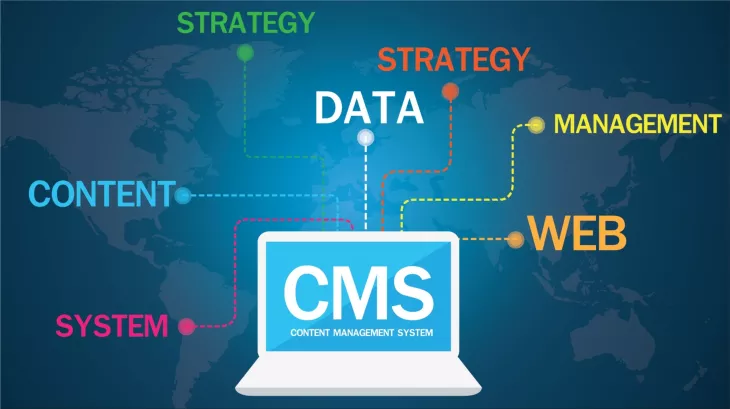Server crashes are typically the cause of long load times. However, this does not indicate that you are safe throughout the server's reaction times, which affects the user experience. In addition, server load time might jeopardize your website's efficiency. Therefore, if you haven't already spent time improving this area, now is the moment.
We recommend gathering information about your present results to know exactly where you stand. Then, use this background information to see the full impact of any adjustments you make later.
UptimeRobot, for example, is a fully complete instrument that may make your task easier to gather. In addition, you will be given the information you want in an easy-to-understand format.
Like a restaurant serving cheeseburgers, a web server may accommodate several people simultaneously. However, the longer it takes for each performer to respond, the fewer people may access the website.
The more resources utilized to assist individuals, the fewer funds may be required to help your clients with backend difficulties such as PHP or other stuff.
What is the significance of a server's response time?
It is up to you to determine the response time of a website server. So, if it's merely crawling because it's too dense and needs to be optimized, it's your responsibility to solve it.
These issues are addressable, for example, by lowering the weight of the website, downsizing pictures, CSS, JavaScript, and so on. (The Insight-speed Page has a lot of information on this subject.)
Your server is up and running, but you can't make any changes right now. This is because server speed is your web hosting provider's domain. Although reaction time is an essential aspect of server performance, it cannot be increased.
Examine your hosting provider.
You want your websites to load as soon as possible for consumers; therefore, the first thing you need is enough cash to manage your demands.
If finances are scarce, increased congestion leads to higher SRTs (Server Response Time). In addition, it indicates that your server will serve fewer customers for a set amount of time.
Your web server should be carefully selected.
While Apache is an excellent and appealing choice, you may achieve better performance by utilizing something else, such as Nginx or OpenLiteSpeed.
Although comparing the various options accessible may appear daunting at first, putting a short time will eventually wear off. In addition, this makes it easier for you to handle changes to your server requirements.
Your web hosting provider should be picked based on its geographical location. Although it is tough to locate a reliable hosting service, its response time is also affected by its geographical access location.
Improve web server performance.
After you've decided on a web server, you'll need to launch a website. While the straightforward approach and typical setup are appealing, not all requirements are one size fits all.
Regrettably, each web server setup differs. In addition, on the internet, there are few options for computer optimization. More information on how to maximize productivity may be found in your specific documentation.
Three significant factors come together to influence your server's response time:
- Website traffic - more traffic, more difficulties, usage of website resources - if each of your websites uses fewer dollars, you may be able to enhance your server's response time.
- Webserver software - By changing your server software or configuration, you may be able to enhance your server's response time.
- Web hosting - You can increase your server's response time by increasing the value and range of web hosting, but you will need to invest money.
Your location will produce "bloat" if you utilize a content management system (CMS) like WordPress or Drupal; if it is not handled with care. Even if you don't use a CMS, you face the danger of adding new content to your existing page (for example, images, new web sections, etc.). Give up stuff you don't need. Optimize your photos, change up your backdrops, and leave room for storage. Various papers are required to decrease SRTs.
Search engine optimization and website performance
Have you heard of the term "website speed"? It is a significant component in SEO keyword ranking. It is critical for enhancing the website's performance.
After reading this, you should concentrate on improving the user experience of your website. A decade ago, Google stated that website performance was an essential factor.
Users may only read the page's content for a maximum of two or three seconds. If your website page takes longer to load, this should be a red flag. The majority of visitors would be able to abandon the page quickly.
It is preferable for the website if your page opens in one to three seconds. More people will want to stay on the website for more extended periods. This increases the likelihood of visitors taking the required activities.
Improve the database.
Ensuring that the database collects information as effectively as possible will reduce loading times for the whole website, not just the web page displayed by the browser.
Slow queries are the most straightforward reason for a server's ongoing response to an inquiry. It would be best if you made every effort to avoid stumbling blocks.
When the objective is to offer websites as soon as possible, evaluating your server response times is critical, even if they are not the primary source of slowness.
Backend optimization ensures that the front end runs smoothly. For example, you may achieve SRTs of less than 200ms per application by carefully assessing storage requirements, modifying web servers, minimizing congestion, and optimizing databases.
If you have a decent budget, appoint someone to set up or determine what to utilize. You should thoroughly research the entire process and decide what to do if you lack the necessary funds.
In truth, we would argue that one of the significant advantages that someone without funds has over a big company is the capacity to evaluate, change, and experiment.
By selecting the proper web server in a single step, you may solve many additional page performance concerns and significantly increase your server's response time.
As we've seen, a website has a variety of components. So, in addition to a well-optimized server, you will need knowledge of UX, web design, URL, and so on and how to build the necessary SEO plan.


























